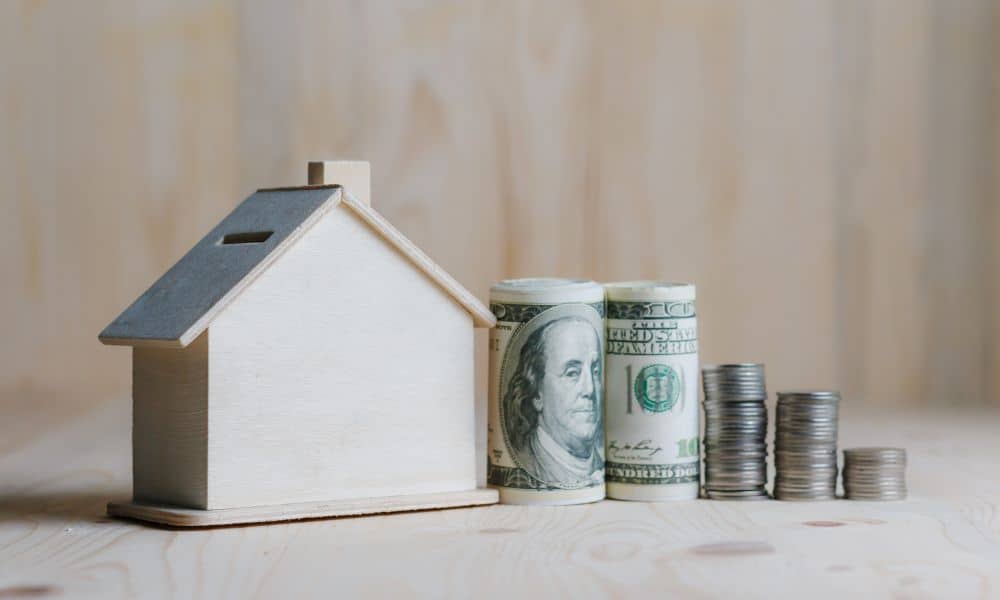5 Things To Know Before Starting Your 1031 Exchange Process

Carl E. Sera, CMT
April 21, 2023
A 1031 exchange can offer many tax advantages. This investment originates from Section 1031 of the United States Internal Revenue Code and postpones capital gains taxes on sales of investment properties or businesses by using proceeds to buy like-kind properties. We’ll discuss some things to know before starting a 1031 exchange.
Do You Need a Qualified Intermediary?
A qualified intermediary oversees 1031 exchange processes. All exchange transactions must occur with their assistance to ensure proper 1031 rule compliance. They can navigate complicated 1031 exchange processes while complying with rules and regulations.
What Qualifies for 1031 Exchanges?
One thing to know before starting a 1031 exchange is the qualifications. For instance, investors cannot use properties for personal use, such as primary and vacation homes.
A 1031 exchange qualifies for investment properties and businesses, such as parking lots, single-family residences, commercial buildings, and apartment buildings. The following securities and financial instruments do not qualify for 1031 exchanges:
- Bonds
- Stocks
- Partnership interests
- Debt instruments
- Certificates of trusts
- Inventory
What Are the Five Common 1031 Exchange Types?
Real estate investors use five types of 1031 exchanges. In a delayed exchange, one property is sold, and a replacement property is purchased within the allowed timeframe. With a delayed or simultaneous exchange, the replacement property is purchased simultaneously with a property currently selling.
With a delayed reverse exchange, the replacement property is purchased before relinquishing the current property. In contrast, a delayed suit-built exchange has an existing property being replaced by a new one to suit the investor’s needs. Lastly, a delayed or simultaneous suit-built exchange allows the purchase of a suit-built property before the current property sells.
What Are the Rules of 1031 Exchanges?
A 1031 exchange requires you to follow many rules. Firstly, the replacement property should have equal and greater value than the one selling. Secondly, replacement properties should be identified within 45 days and purchased within 180 days. Lastly, real estate with existing mortgages can qualify for 1031 exchanges if the replacement property has the same or greater value.
How Long Do 1031 Exchanges Take?
The turnaround time of 1031 exchanges can vary; it can take a few days or 180 days to complete. Sometimes, you can swap two like-kind properties in a single day, but identifying a second party that wishes to relinquish their like-kind property for yours can be difficult.
The IRS mandates that the longest 1031 exchanges can last up to 180 days after the sale date. Within the first 45 days of the sale, investors must find a potential replacement property. Afterward, they must purchase at least one like-kind property by the 180-day deadline.
Sera Capital is a fee-only fiduciary to help individuals with highly appreciated assets. We offer Delaware Statutory Trust services by assisting clients in deferring capital gains taxes and expanding their financial portfolios. Contact us today to learn more.
Sera Capital is a wealth management consulting firm specializing in all aspects and all available tax-efficient exit options for business owners, real estate investors, and developers. Our team works with you and your advisors to examine all available solutions, including 1031 Exchanges, Delaware Statutory Trusts, 721 UPREITS, Opportunity Zone Funds, and Section 453 Installment Sales, including Deferred Sales Trusts and Structured Installment Sales. We have two mottos. The first is “We help landlords and business owners exit tax efficiently,” and our second is “When you want out, call us in.”
If you want to explore your options, make a no-obligation appointment with us today. Discover the possibilities.
Categories
Strategize Your Success
